
In the ever-evolving landscape of the internet, startups face unique challenges in establishing and growing their online presence. One of the most effective ways to overcome these challenges is through elevating your website's visibility with SEO services in Sydney. This comprehensive guide will help you understand the fundamentals of SEO and provide valuable insights for startups looking to thrive in the digital world.
Understanding SEO Basics

What is SEO?
SEO, or Search Engine Optimization, is the practice of enhancing your website's visibility on search engine result pages (SERPs). The goal is to improve your website's organic (non-paid) ranking, making it more likely for users to find your site when searching for relevant keywords.
How Search Engines Work
Search engines like Google and Bing use complex algorithms to determine the relevance and authority of web pages. These algorithms consider factors such as keyword relevance, content quality, user experience, and backlinks. Understanding these factors is crucial for effective SEO.
- Keyword Research: Keyword research involves identifying the words and phrases that potential customers use when searching for products or services. his is the foundation of SEO, as it helps you tailor your content to match user intent.
- On-Page SEO: On-page SEO focuses on optimizing the content and structure of your website.
- Optimizing Website Content: Creating high-quality, relevant content is key. Use keywords strategically, but avoid keyword stuffing. Your content should provide value and answer the user's questions.
- Meta Tags and Descriptions: Meta tags, including titles and descriptions, play a significant role in SEO. They provide a brief summary of your page's content and should entice users to click.
- Image Optimization: Optimize images by using descriptive filenames, alt tags, and compressing files for faster loading times.
- URL Structure: A clear and organized URL structure not only helps search engines but also improves user experience.
- Off-Page SEO: Off-page SEO involves factors that impact your site's authority and reputation beyond your website.
- Backlinks and Their Significance: Backlinks, or links from other websites to yours, are a strong signal of your site's authority. Acquiring high-quality backlinks should be a priority.
- Guest Posting: Writing guest posts on authoritative websites within your niche can help establish your brand's authority and drive traffic back to your site.
- Social Media Presence: Active and engaging social media profiles can boost your online presence and help with SEO indirectly.
- Technical SEO: Technical SEO focuses on optimizing the technical aspects of your website.
- Site Speed and Mobile-Friendliness: Faster-loading sites rank higher. Ensure your website is mobile-responsive for a better user experience.
- XML Sitemaps: XML sitemaps help search engines understand your site's structure and index it more efficiently.
- Structured Data Markup: Structured data can improve how search engines display information about your site in SERPs.
- Local SEO: For startups with a physical presence, local SEO is vital.
- Importance for Startups: Local SEO helps potential customers in your area find you quickly.
- Google My Business: Claiming and optimizing your Google My Business profile can enhance local search results.
- Content Creation and Marketing: Quality content is the backbone of SEO.
- High-Quality, Relevant Content: Content should be informative, engaging, and tailored to your target audience.
- Blogging and Content Marketing: Regular blogging and content promotion can attract more visitors to your site.
- Video Content: Video content is becoming increasingly important for SEO. Consider incorporating video into your strategy.
- Monitoring and Analytics: Understanding how your SEO efforts are performing is crucial.
- Google Analytics: Use Google Analytics to track site traffic, user behavior, and more.
- Tracking SEO Performance: Monitor your keyword rankings, backlinks, and other SEO metrics.
- SEO Tools for Startups: Startups often have limited budgets. Fortunately, there are budget-friendly SEO tools available.
- Building an SEO Strategy: A well-defined strategy is the cornerstone of successful SEO.
- Setting Goals: Identify clear and achievable goals for your SEO efforts.
- Creating a Content Calendar: Plan your content in advance to maintain consistency.
- Competitive Analysis: Analyze your competitors to identify opportunities and threats.
- Common SEO Mistakes to Avoid: Mistakes can hinder your SEO progress.
- Keyword Stuffing: Overloading your content with keywords can have a negative impact on rankings.
- Neglecting Mobile Optimization: A poor mobile experience can drive away users and harm your SEO.
- Ignoring Local SEO: If you have a physical location, local SEO is essential.
- Staying Updated with Algorithm Changes: Search engine algorithms are constantly evolving.
- Google Updates and Their Impact: Stay informed about Google's algorithm updates and adapt your strategy as needed.
- The Role of User Experience: A seamless user experience is a ranking factor.
- Site Navigation and Usability: Intuitive navigation and user-friendly design improve the user experience.
- Reducing Bounce Rates: Engage visitors to reduce bounce rates and improve your SEO.
Conclusion
In conclusion, SEO is a powerful tool for startups looking to grow their online presence. Understanding the basics, optimizing on-page and off-page elements, and staying updated with the latest trends and algorithm changes can make a significant difference. By prioritizing user experience and producing high-quality content, startups can compete effectively in the digital space.
FAQs
1. How long does it take to see results from SEO for startups?
Results can vary, but it often takes several months to see significant improvements in search engine rankings.
2. Is SEO a one-time effort, or does it require ongoing maintenance?
SEO is an ongoing process. Regular updates and optimization are necessary to maintain and improve your rankings.
3. Can startups with a limited budget still benefit from SEO?
Yes, there are cost-effective SEO strategies and tools available that can benefit startups with budget constraints.
4. What role does social media play in startup SEO?
Social media can indirectly benefit SEO by increasing brand visibility and driving traffic to your website.
5. How do I choose the right keywords for my startup's SEO strategy?
Keyword research is essential. Choose keywords that are relevant to your niche and have a reasonable search volume.
If you found this article helpful, we encourage you to share it on your social media platforms—because sharing is caring! For more information about article submissions on our website, feel free to reach out to us via email.
Send an emailWritten by RGB Web Tech
Latest Technology Trends
Latest technology trends shaping the future, including AI advancements, blockchain innovation, 5G connectivity, IoT integration, and sustainable tech solutions. Explore breakthroughs in quantum computing, cybersecurity, augmented reality, and edge computing. Stay ahead with insights into transformative technologies driving innovation across industries and revolutionizing how we live, work, and connect.
Related Articles - Digital Marketing
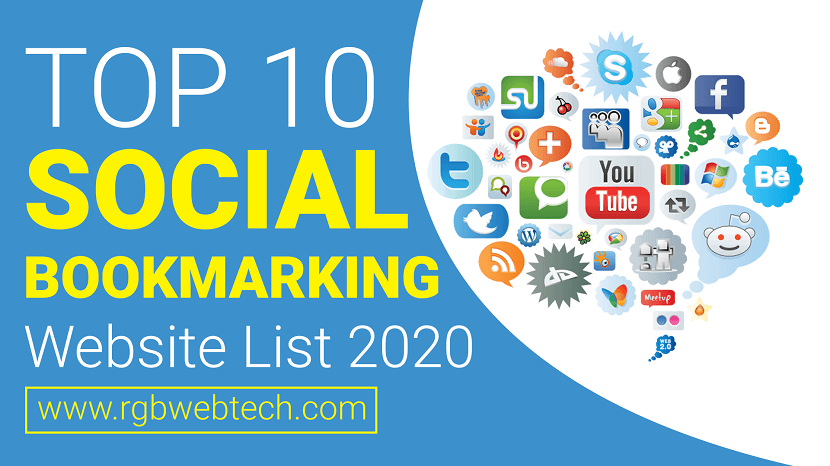
Social Bookmarking Sites List
Social Bookmarking is one of the Off-Page SEO techniques. On Social Bookmarking websites, you can share your site or blog content like images, articles ...

Linkedin Groups for Job Seekers
LinkedIn lets users join relevant groups, expand personal brands, and connect with more professionals to boost networking and visibility.

Facebook Groups for Job Seekers
Facebook lets users join relevant groups, expand their brand, and reach more people, enhancing networking and engagement opportunities.

Facebook Pages for Job Seekers
A Facebook fan page is used to advertise business, brand, product, or services. When a user visits the Facebook page, she/he can become a fan ...

Why is SEO important for any Brand or Business
To survive in today’s competitive market, SEO is very imperative for any brand or business. The search engine serves millions of users per day
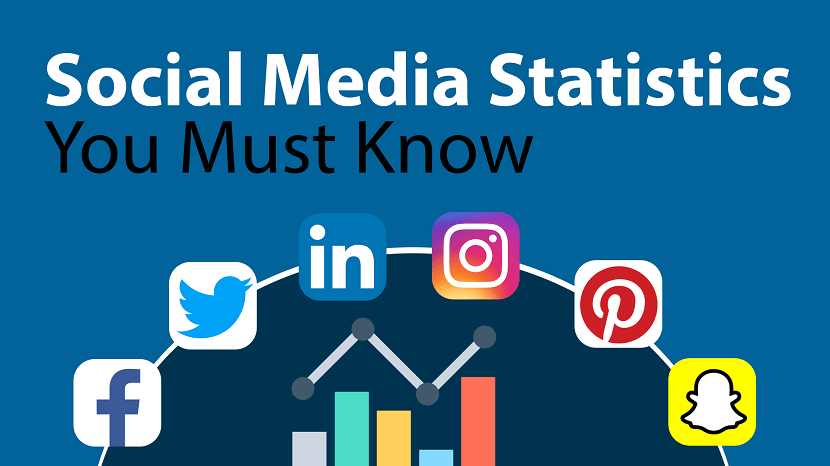
Social Media Statistics
Social media boasts of 4.55 billion users now–about 57.6% of the total world population. Its ability to connect the world never ceases to amaze.

Facebook Social Media Statistics
Facebook is the OG social media platform and the largest one by nearly every metric. Love it or hate it, the social giant — and soon-to-be harbinger ...

Instagram Social Media Statistics
As of January 2022, roughly 31 percent of global Instagram audiences were aged between 25 and 34 years. Over two thirds of total Instagram audiences ...

Pinterest Social Media Statistics
As of January 2022, Pinterest ranks 14th globally with active users, surpassing Twitter and Reddit in popularity. Discover its potential for your brand.

Twitter Social Media Statistics
Twitter is an online social networking service that enables users to send short 280-character messages called tweets. According to recent social media ...
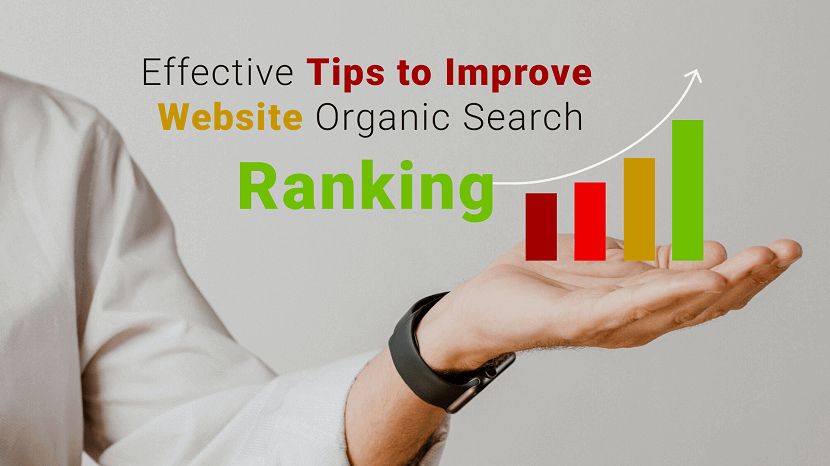
Improve Website Organic Search Ranking
Correct SEO allows Google to direct traffic to your business. Your site's Ranking determines the organic traffic you receive on Google's Search Engine ...

LinkedIn Social Media Statistics
The platform currently has over 660 million registered users, with 303 million of them being active on a monthly basis. 90 million of these users ...

Tiktok Social Media Statistics
TikTok, with over 1 billion users in 150+ countries, is a powerful platform for brands. Discover how it can boost your brand visibility and growth.

SnapChat Social Media Statistics
Around 54.4% of Snapchat users are female and 44.6% are male. India has the most Snapchat users (115.95 million), followed by the U.S (106.2 million.)
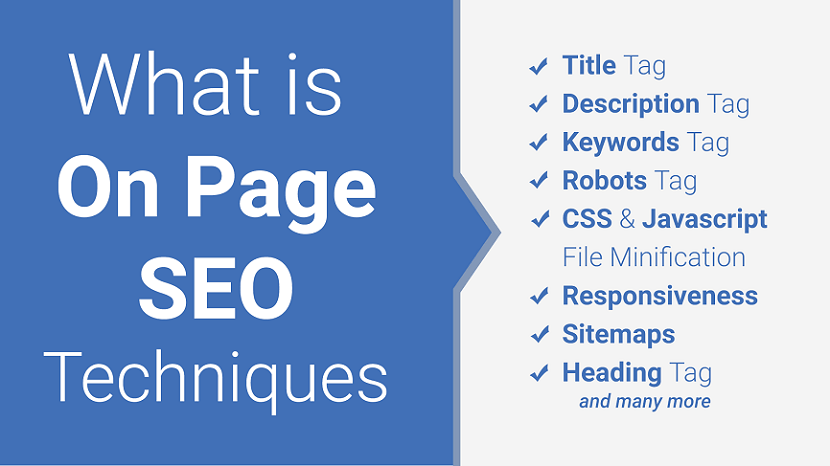
On Page SEO
Learn about the top On Page SEO Techniques that earn more relevant traffic and rank higher in search engines.

Off Page SEO
Learn about the best Off Page SEO Techniques that earn more relevant traffic to your website and rank higher in search engines.
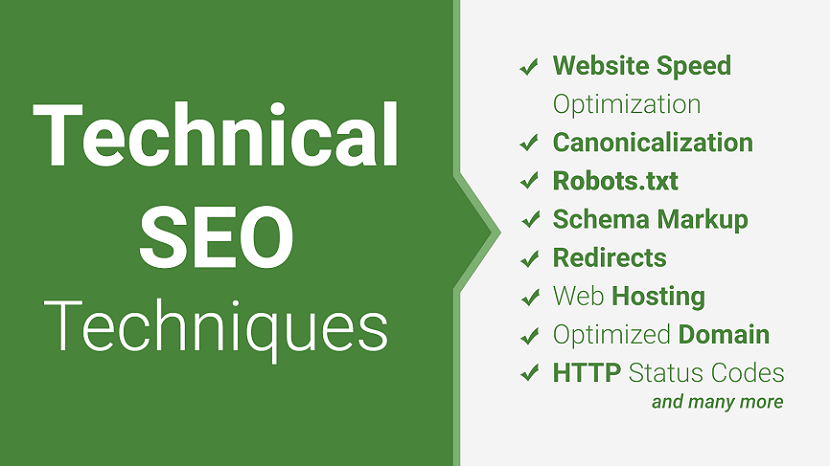
Technical SEO
Learn about the best Technical SEO Techniques that earn more relevant traffic to your website and rank higher in search engines.
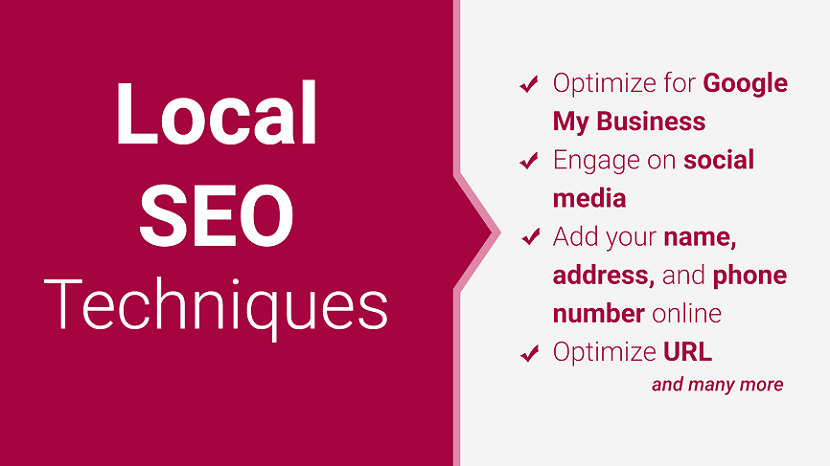
Local SEO
Learn about the Local SEO Techniques that earn more relevant traffic to your website and rank higher in search engines.
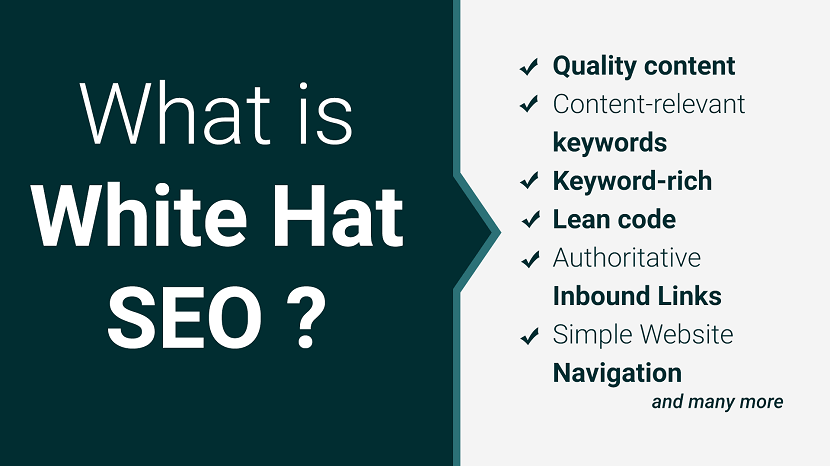
White Hat SEO
If you want your website to appear in the top results of search engines, you need to implement the best White Hat SEO techniques.

Black Hat SEO
This article will explain what black hat SEO techniques involve so you can make sure to avoid them when devising your organic search strategy.

Gray Hat SEO
What is gray hat SEO?, and should your business be doing it? Get the facts on gray hat SEO here.
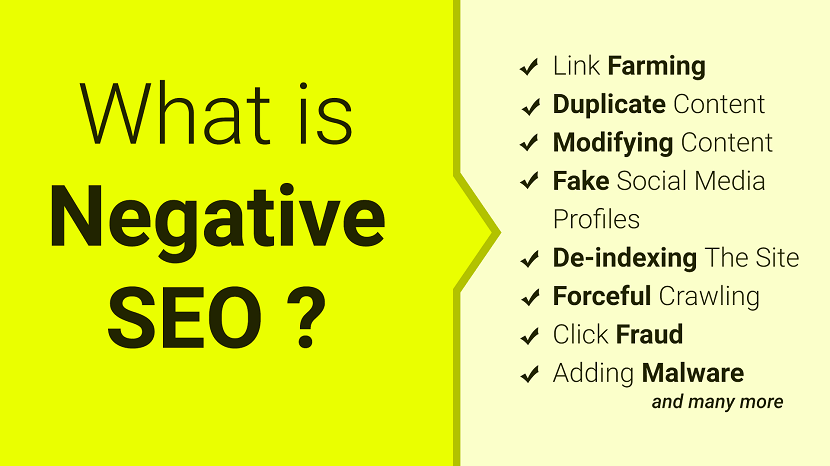
Negative SEO
Negative SEO is the act of using Black Hat SEO on other websites in order to get them penalized by Google. Learn more on how to defend against Negative SEO
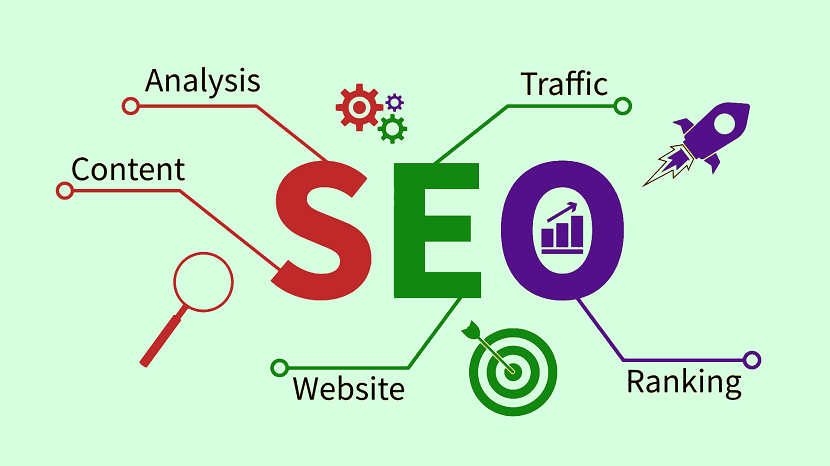
Search Engine Optimisation
Discover key SEO strategies to boost your website's visibility, enhance search rankings, and attract more organic traffic effectively.
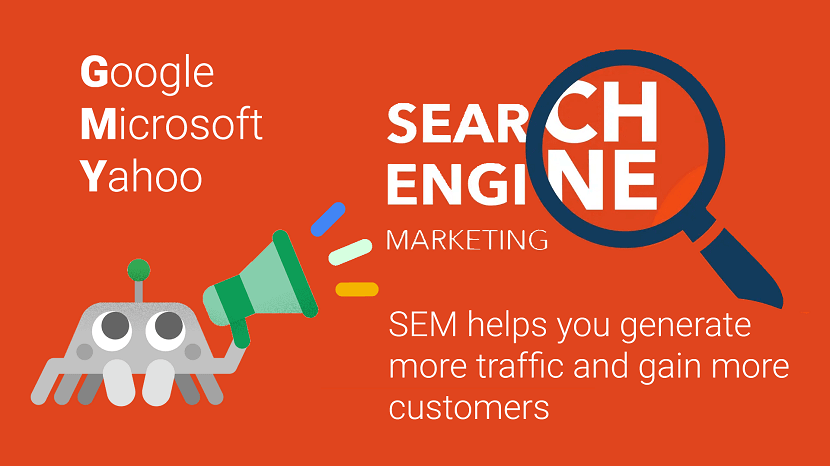
Search Engine Marketing
Search engine marketing (SEM) is a digital marketing strategy used to increase the visibility of a website in search engine results pages (SERPs).

Social Media Optimization
Social media optimization (SMO) is the use of social media networks to manage and grow an organization’s message and online presence.

Social Media Marketing
Social media marketing is a powerful way to grow your business. Use these tips and steps to build your best social media marketing strategy.
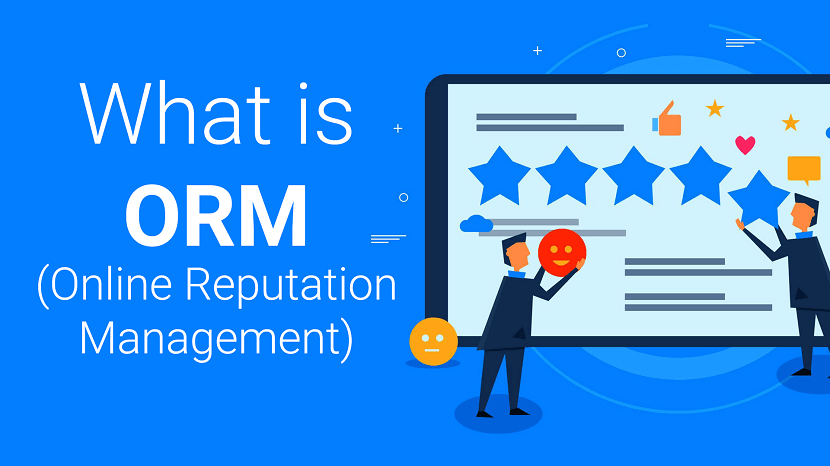
Reputation Management
Online reputation management is the effort to influence what and how people think of a brand or person on the web.
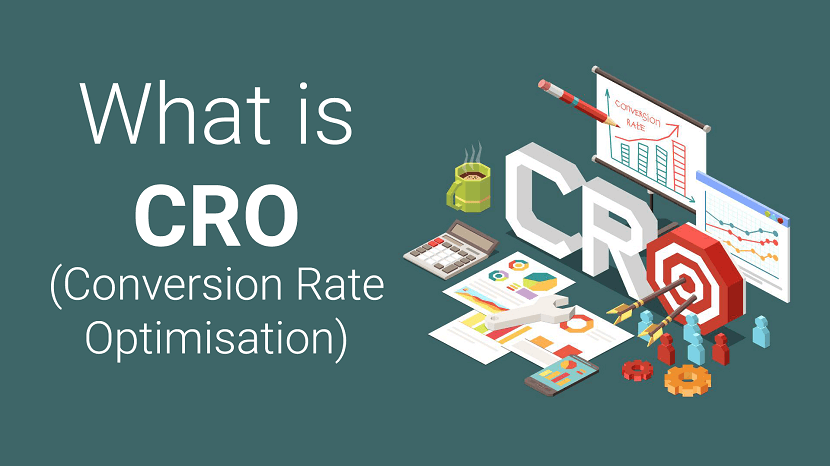
Conversion Rate Optimisation
Conversion rate optimization (CRO) helps you remove roadblocks to conversion on your website. Learn how to use CRO to get your customers to convert.

SEO Trends
Stay ahead of the digital game with the latest SEO trends for 2023! Boost rankings, drive traffic, and dominate search results.

SEO Marketing Business
Unlock growth potential! Explore SEO's vital role in business ops. Learn the synergy between search optimization and efficient operations

E-commerce SEO
Master E-commerce SEO in tough markets. Dominate your niche with proven strategies. Boost sales and outshine competitors.

SEO for Startups
Boost your startup's online presence with expert SEO strategies. Learn to rank higher and attract more customers in this comprehensive guide.

Without an SEO Checklist Your Google Ranking Will Fall
Boost your Google ranking with our SEO checklist! Don't let your website fall behind. Discover the key factors for online success now.

Marketing in the Digital Age
Unlock the power of digital innovations in marketing to drive exceptional results. Explore strategies reshaping the industry.

Image Optimisation for SEO
Maximize website visibility with effective image optimization! Enhance SEO by optimizing filenames, alt text, and image size for better rankings.

Optimize Video for SEO
Unlock the power of Video SEO to boost visibility and drive organic traffic. Optimize titles, descriptions, and engage viewers effectively!

Quality Writing in Digital Marketing
Transform your digital marketing with compelling content. Learn how quality writing drives conversions. A must-read for marketers!

Why Social Media Followers are Important
In today's world, social media followers signify influence, credibility, and reach, shaping perceptions and opportunities for individuals and businesses.

Leverage AI for Social Media Marketing
Unlock the power of AI for social media marketing with these 7 savvy strategies. Optimize, engage, and elevate your brand's online presence!

Trademark Monitoring is Key for Modern Brands
Discover why trademark monitoring is essential in today's digital world. Safeguard your brand's identity and reputation effectively.

SEO and SEM Approach to B2B Lead Generation
Explore an integrated SEO and SEM strategy for B2B lead generation, boosting visibility and conversions through synergistic digital tactics.

How to Increase Website Traffic
Discover effective strategies to boost your web traffic with our guide on increasing bulk traffic. Learn tips and techniques for success today!
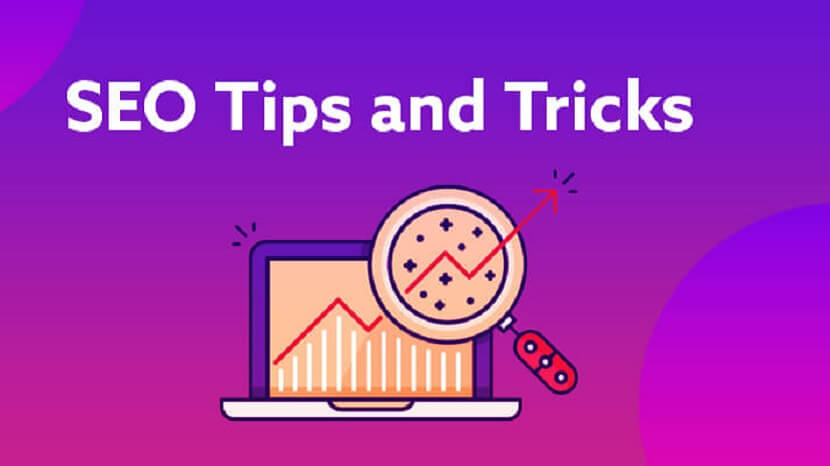
7 SEO Tips to Boost Your Website Search Engine Ranking
Boost your website's search engine ranking with these 7 essential SEO tips. Improve visibility, increase traffic, and achieve online success today!

Top 5 Most Powerful and Must-Have Email Marketing Tools
Discover the top 5 powerful email marketing tools that can elevate your campaigns. Must-have features for success in your marketing strategy!

Understanding the Role of Managed Network Services in Digital Marketing Strategy
Discover how managed network services enhance digital marketing strategies by optimizing performance, ensuring security, and driving growth.

How to Choose the Best Programmatic Ad Platforms for Your Strategy
Discover how to select the ideal programmatic ad platforms tailored to your marketing strategy, maximizing efficiency and ROI in your campaigns.

How to Evaluate the Success of your Guest Post Campaign
Learn how to measure the success of your guest post campaign with key metrics like traffic, engagement, backlinks, and conversions in our guide.

Top 5 Digital Marketing Trends for Retail Stores
Explore the top 5 digital marketing trends for retail: AI customization, social shopping, AR experiences, omnichannel strategies, & sustainable branding.

Effective Search Engine Marketing Tactics for B2B Software and Technology Advancements
Unlock growth with cutting-edge SEO strategies tailored for B2B tech firms. Elevate visibility and drive conversions with precise search engine marketing.

How To Write A Cold Email Techniques That Generate Leads
Properly executed, cold emails effectively build relationships and generate valuable leads. Start refining your cold email strategy today!

The Path to Mastery Developing Copywriting Skills for Beginners
Learn essential copywriting skills with our beginner-friendly guide,

The Consequences of Plagiarism on Your Guest Blogging Efforts
Discover the serious repercussions of plagiarism on your guest blogging efforts, from damaged reputation to lost opportunities and SEO penalties.

How White Hat Link Building Avoids Google Penalties
Discover how white hat link building strategies help your website avoid Google penalties by focusing on ethical practices and quality content.

Link Building Through Guest Blogging
Discover effective strategies for link building through guest blogging. Boost your site's SEO, drive traffic, and enhance online visibility today!
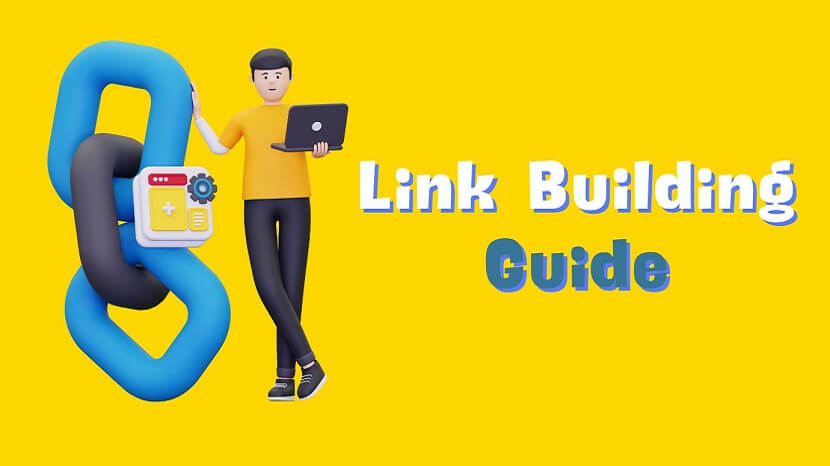
The Complete Link Building Guide: Proven Techniques to Enhance Your SEO
Boost your SEO with our Complete Link Building Guide! Learn proven techniques to acquire quality backlinks and improve search rankings.

How can marketing automation drive personalized communication through WhatsApp?
Unlock the power of personalized marketing on WhatsApp with automation and data integration to engage customers effectively and boost interactions.

How to Write Guest Posts That Get Accepted Every Time
Discover proven strategies for crafting guest posts that get accepted every time. Boost your outreach success with expert tips and tricks.

Tips on How to Successfully Promote Your Marketing Business
Unlock expert tips to effectively promote your marketing business. Boost your brand, enhance online presence, and drive client growth successfully!

Key Event Marketing Tips and Strategies for Success
Master key event marketing tips and strategies to boost visibility, drive attendance, and achieve event success. Expert insights await!

SEO Companies for Attorneys
The perfect SEO company for attorneys! Learn key signs to ensure you choose experts who can boost your legal practice's online success.

How Tailored SEO Solutions Can Revolutionize HVAC Industry Growth
How tailored SEO solutions can drive growth in the HVAC industry by boosting online visibility, leads, and customer engagement.

Social Media Marketing Events
Learn how to promote your event using social media! Boost engagement, drive registrations & maximize reach with expert strategies.
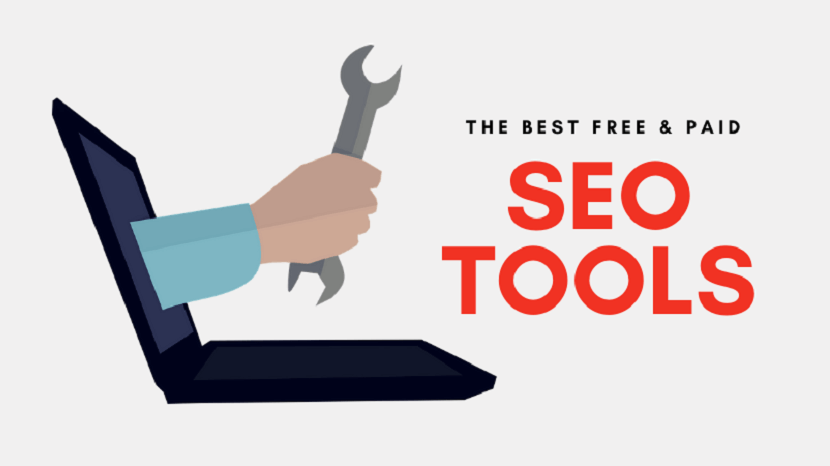
Free and Paid SEO Tools
The best free and paid SEO tools in 2025 to boost rankings, analyze performance, and optimize your website for success. Explore top picks now!

Video Trends for Your Brand Marketing
In 2025, there’s a new set of video trends that companies should know about for refining their brand marketing. Here are the video trends that will help your brand excel among your competitors.
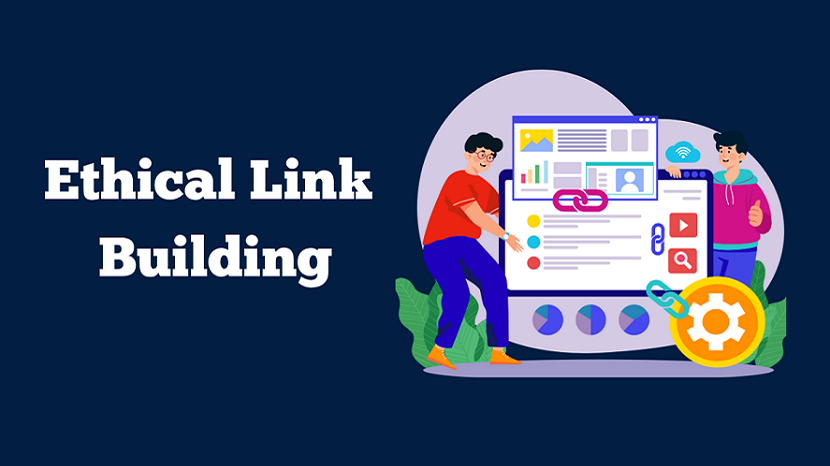
The Shift Toward Quality: Why Ethical Link Building Wins
Discover why ethical link building outperforms shortcuts—boost SEO with quality, trust, and sustainable growth in digital marketing.

SEO and Duplicate Content
Struggling with the problem of duplicate content? Plagiarism can damage your ranking position. Read on to find out why duplicate content occurs and how you can fix it without...

Data-Driven SEO strategy
How data-driven SEO strategies are revolutionizing digital marketing by boosting traffic, rankings, and user engagement in 2025 and beyond.

Skyrocket Your Social Media Presence
How to increase views can enhance your social media presence, boost engagement, and grow your audience. Learn effective strategies to maximize visibility.

Real-Time SEO Reporting
Advantages of real-time SEO reporting for your business. Learn how live insights, data tracking, and performance analysis can boost visibility, rankings, and ROI.

The Role of AI in Real Estate Digital Marketing
How Artificial Intelligence is transforming real estate digital marketing with smarter campaigns, predictive analytics, and higher-quality leads. Learn how AI-driven tools can boost conversions and revolutionize your property marketing strategy.

How Experiential Marketing Can Work Alongside Your Online Campaigns
How experiential marketing can work alongside your online campaigns to create deeper brand connections, enhance engagement, and drive measurable results both offline and online.
